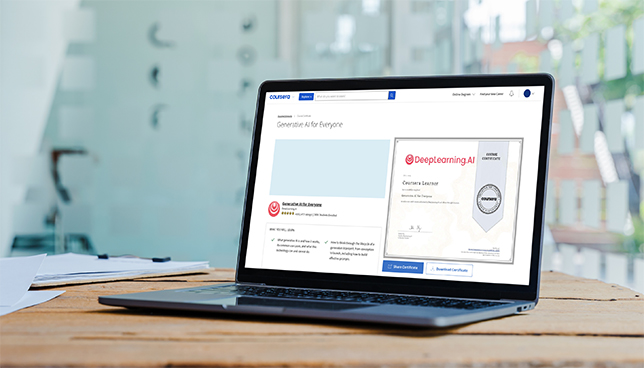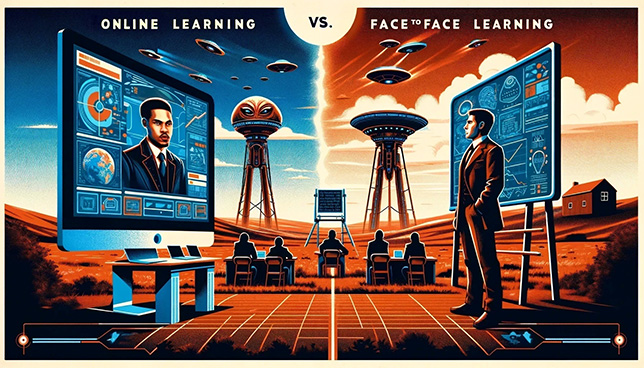
In an effort to boost student success in STEM subjects, Oregon's George Fox University has partnered with STEM learning platform Numerade to offer students free access to the company's video tutoring platform.

Global education company McGraw Hill has added two new generative AI tools to help personalize learning experiences for both K–12 and higher ed students, according to a news release.

Ed tech company Cengage has announced the beta launch of Student Assistant, a generative AI tool designed to guide students through the learning process with personalized resources and feedback.

Microsoft Loop, the online collaborative platform in Microsoft 365, is getting a number of new features and an overall redesign.

A new immersive learning center at the University of Nevada, Las Vegas is tapping into the power of virtual reality to support STEM engagement and student success. The institution has partnered with Dreamscape Learn on the initiative, which will incorporate the company's interactive VR platform into introductory STEM courses.

Learning platform Coursera is expanding its Generative AI Academy training portfolio with an offering for teams, as well as adding new generative AI courses, specializations, and certificates.

Online students are likely to have certain gaps in their education. Here are five skills they’ll need to fill them.

Learning platform D2L is launching a new AI-powered product, D2L Lumi, designed to help educators create course content, assignments, quizzes, and more.
Generative learning platform CYPHER Learning has introduced AI Crosscheck, an AI-powered accuracy checker that reviews the quality of AI-generated LMS content.

The global pandemic thrust online teaching to the forefront. Online enrollments rose while campus enrollments declined. Is face-to-face teaching doomed? Will virtual campuses be the norm? Is there no middle ground?